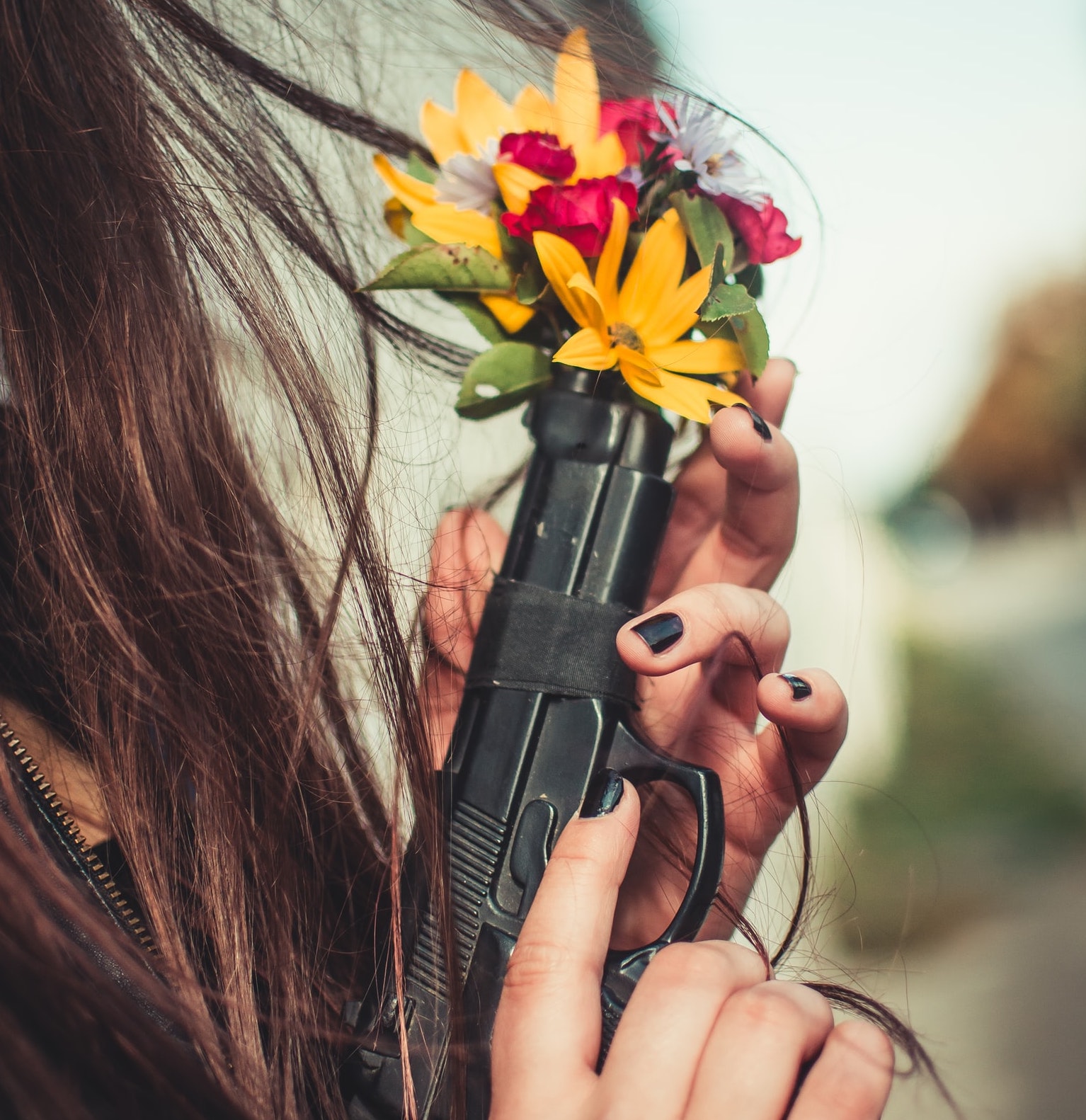When Humans Attack Part II:
Attacking Those You Love
Watching couples communicate in my office sometimes feels like watching a tennis match. And, although there are times when I’m on the edge of my seat, I’m by no means a spectator. I see myself more as the coach, the referee, the commentator, and a supportive parent in the stands. As long as they’re not going all John McEnroe on each other, I feel equipped to play all these roles.
Whether or not couples realize it, their pre-therapy communication often includes offensive and defensive postures. There are verbal and non-verbal strategies we learned long ago to protect ourselves in the midst of danger. And, in the case of couples, the danger is intimacy.
Barriers to intimacy are weapons of great strength: shaming, blaming, silence, withholding, crumbling. As long as our partners are engaging in one or more of the above, it’s not a safe environment in which to be intimate, let alone communicate.
I say safe, because people in relationships don’t always feel safe or make it safe to communicate. Think about your default mode in your relationship. Do you verbally attack out of frustration, resentment, shame, or guilt? Do you attack when you feel attacked? Do you make it difficult for your partner to share necessary thoughts, feelings, or feedback about you by going on the defensive, giving the silent treatment, or falling apart? Not feeling safe to express your feelings to your partner or not making it safe for your partner to express feelings to you tells me that your relationship is heading in a troubling direction.
Homosapiens have been around for over 200,000 years; you’d think we would’ve figured out that, although our emotions and the emotions of others around us feel painful or dangerous, they’re actually useful tools for understanding our environment and our unique place in it. Our impulse may be to act on our feelings, but, in terms of communication, putting those feelings into words is just more effective. I’ve written about the importance of this here.
I often wish there was a flashing neon sign in my office that said COMMUNICATION, so I could point to it when someone is attempting to express a thought or a feeling. It’s not an attack, I say, It’s a communication. Like a neon sign, it’s so clear and highlighted to me when someone is accessing and expressing their feelings rather than acting on them. But for someone who is used to attacking or being attacked, or like most of us, who haven’t quite learned the art of expressing and listening, it’s hard not to reach for weapons or a shield. And we do that because of our constitution, our childhoods, our personal experiences and traumas, our moods...it’s an endless list. We either fight or defend to protect ourselves. But imagine if your relationship—or any of your relationships with someone close to you—was a safe environment to freely express your thoughts and feelings. Really, imagine it.
It’s a nice feeling, right? What we’re really talking about is putting your weapons and shields down and showing vulnerability. But that can’t happen without trust. I know my cat trusts me because she rolls over and bares her soft, vulnerable belly next to me. The more time you spend away from your weapons, the more your partner will trust that it’s safe to be vulnerable and put down the shield.
Once a safe environment is established, progress in communication—and intimacy—can be made. I want to enthusiastically rub my hands together in anticipation of this point in couples therapy, because it’s exciting to have such fluidity in the communication. It’s kind of like that point in a relationship when, in the bedroom, each partner feels free to share what they like and don’t like, what feels good and what doesn’t. When they realize that it’s ok to share such details because it’s something that can’t necessarily be intuited, the experience is just more fruitful and pleasurable. Such honesty and directness builds trust, because you know that your partner will tell you if something is wrong or right.
Intimacy comes to life in a safe environment. What that looks like is expression of previously unexpressed feelings, acknowledgement of your own or your partner’s difficult feelings, listening, attunement, empathy. Although a tennis match with John McEnroe is also pretty lively, many of his games ended with him being ejected. Enough said.
You might also like: How do you have a great relationship? Practice, kid, practice. or When Humans Attack Park I: Self-Attack


